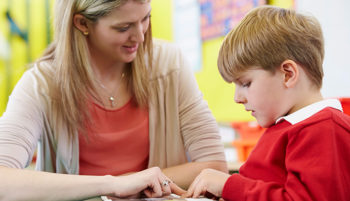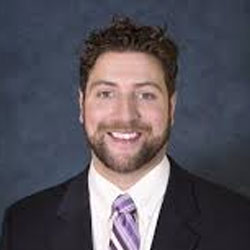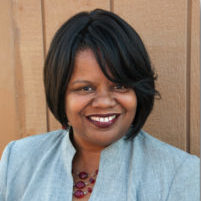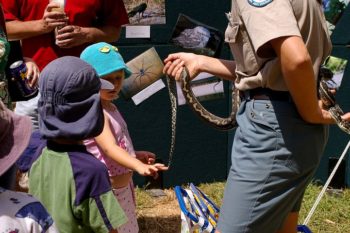 Getting Kids to Read
Getting Kids to Read
It’s summertime! School is out of session and our children love to sleep in and play outside. It is hot and our children enjoy waterplay and staying up late. But what can we do to avoid the summer slide? As a teacher, I send home 12 donated books for each child to use for summer reading. I instruct them to read each day throughout the summer and write in a journal their reflections about what they read and learned from each book. Then I tell them to bring their journals into class in the fall and share with their teachers their wonderful reading adventures. I also warn my younger readers that if they do not practice reading each day, they may forget how to read at the start of a new school year. They agree that they must practice and are proud when they have completed extended reading homework assignments. [Read more…]

Mary Ann Burke, Ed.D., Digital Education Expert, is a substitute distance learning teacher for Oak Grove School District in San Jose, California and the author of STUDENT-ENGAGED ASSESSMENT: Strategies to Empower All Learners (Rowman & Littlefield: 2020). Dr. Burke creates digital language arts and substitute teaching K – 12 activities for teachers and parents. She is the Cofounder of the Genparenting.com blog. Burke is the former Director II of Categorical & Special Projects for the Santa Clara County Office of Education that supports 31 school districts serving 272,321 students in Santa Clara County. She is also a previous Director – State & Federal Compliance for Oakland Unified School District, the former Director – Grantwriter for the Compton Unified School District, and was the initial VISTA Director for the Community Partnership Coalition in southern California. Much of her work focuses on creating innovative digital trainings and partnership programs for teachers and families to support students’ learning. These programs were featured as a best practice at a National Title I Conference, California’s Title I Conferences, AERA Conferences, an ASCD Conference, the NASSP Conference, and statewide educator conferences.
 Why Do We Lose Our Minds?
Why Do We Lose Our Minds?
 Ten Strategies to Ensure Student Success
Ten Strategies to Ensure Student Success
 How to Make Writing Fun (Part 2)
How to Make Writing Fun (Part 2) How to Get Kids Inspired to Write (Part 1)
How to Get Kids Inspired to Write (Part 1)